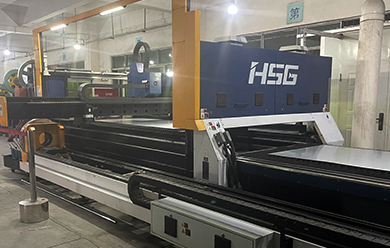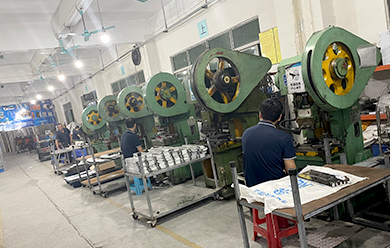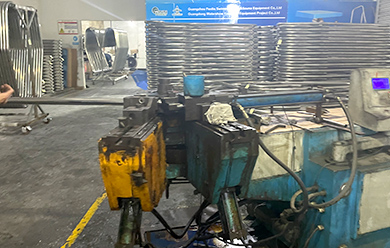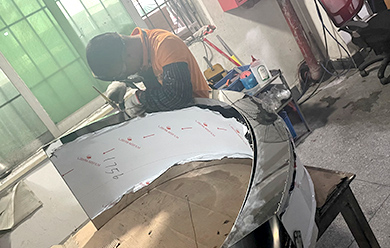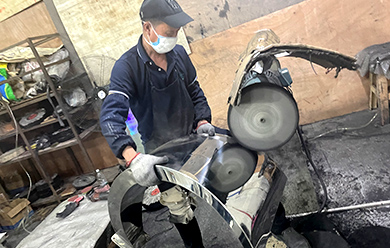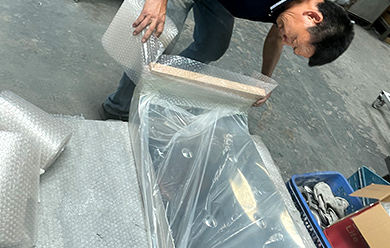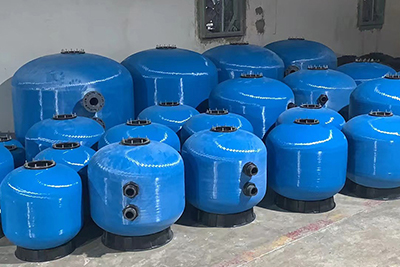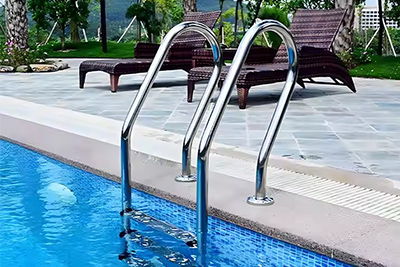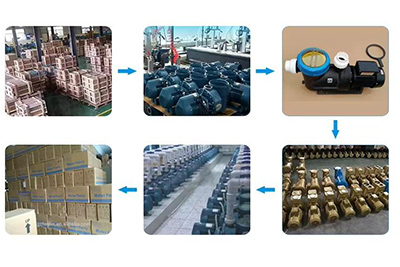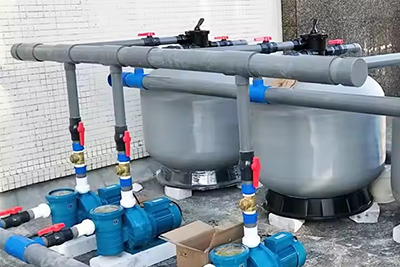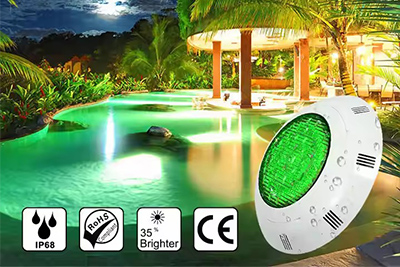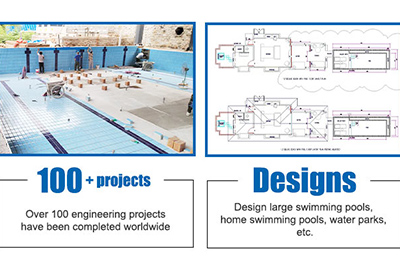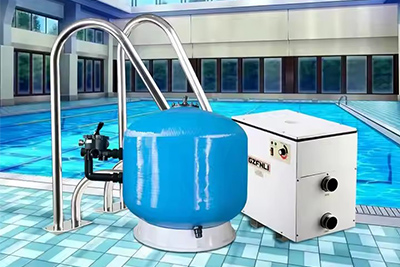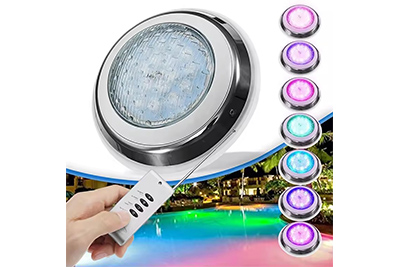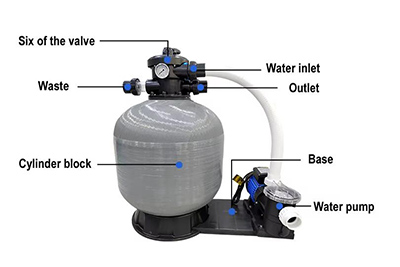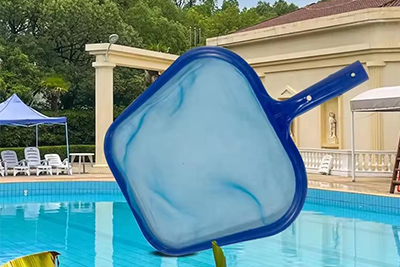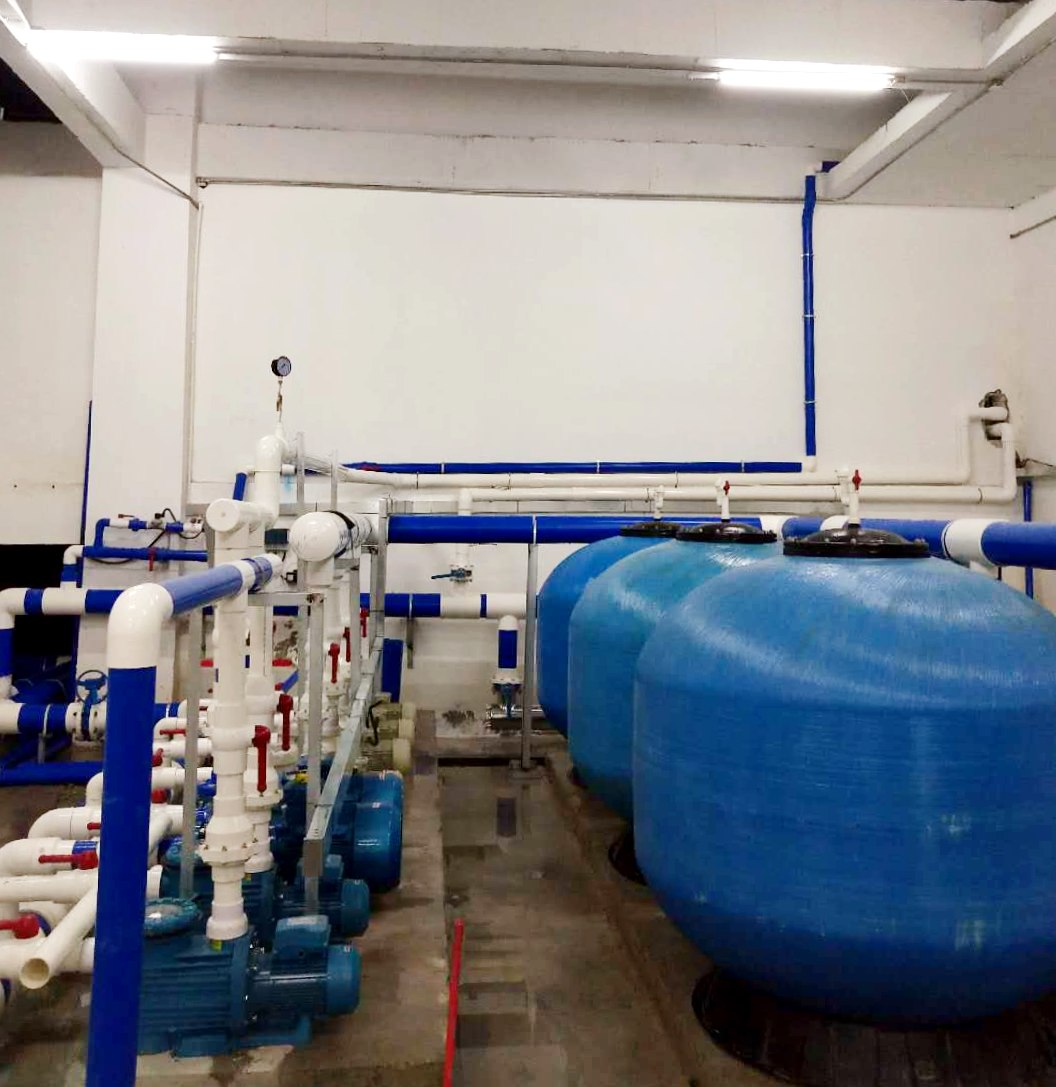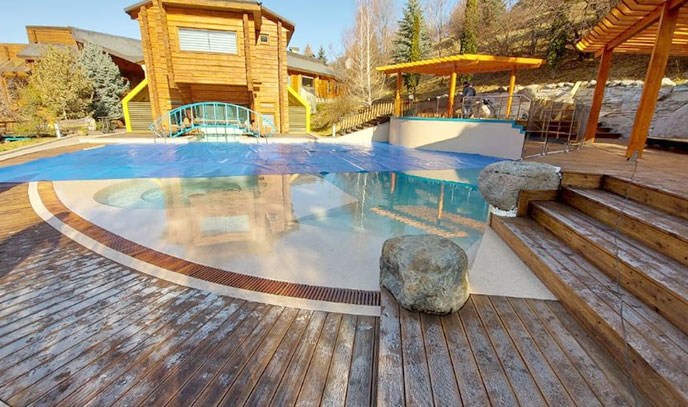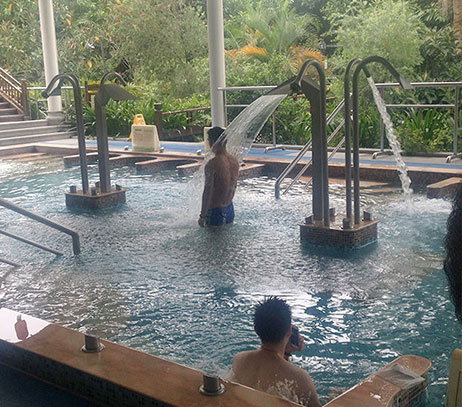sobre fenlin
Guangzhou Fenlin Swimming Pool & Sauna Equipment Co., Ltd, establecida en 2004, profesional en la producción y venta de equipos de sauna, equipos de piscina, equipos de SPA y equipos de fuente, etc. Esforzándonos en la creación, la calidad y el servicio durante estos años, hemos poseído Mientras tanto, nuestra propia marca ha desarrollado nuestro mercado extranjero de alrededor de cien países y ha desarrollado una red de ventas que cubre la mayoría de las grandes ciudades del este en casa. Productos:Fabricamos equipos y accesorios de nuestras marcas. También tenemos la autorización de representación de algunas marcas famosas en estas regiones. Los productos se pueden dividir en series de sauna, series de vapor, series de piscinas y series de fuentes al aire libre. Nuestras marcas: FANLAN: registrada el 21 de diciembre de 2005 FANLAN: registrada el 28 de noviembre de 2005 SAWO: registrada el 21 de junio de 2006FINNFORST: registrada el 14 de abril de 2007 Fábrica: La fábrica está ubicada en el distrito de Baiyun de Guangzhou, establecida en 2004 y ahora ocupa un área de aproximadamente 10000 metros cuadrados, más de 50 trabajadores y tres líneas de producción. Bajo la gestión sistemática y el estricto control de calidad, hemos ganado una buena reputación en la industria. Brindamos a los clientes servicios como abastecimiento de productos, diseño e ingeniería, fabricación OEM, control de calidad, inspección de envíos. Nuestras ventajas Historia de la marca Ventaja de la marca Valor de la marca Calificación de marca Fundada en 2004, Fenlin tiene 19 años de experiencia en la fabricación de equipos para piscinas y saunas. Nuestra fábrica está ubicada en la ciudad de Jianggao, distrito de Baiyun, GZ, China. Cubre un área de 10.000 metros cuadrados y cuenta con 3 profesionales de fábrica. Fenlin se centra en la fabricación de equipos de sauna y equipos de piscina. Fenlin introduce maquinaria avanzada extranjera. Nuestros productos se exportan a muchos países. ¡Fenlin se ha anunciado en muchas de las principales redes sociales en países extranjeros, con la esperanza de que sus equipos para piscinas y saunas puedan globalizarse! Y espera convertirse en una excelente marca de nuestros productos. Fenlin ofrece la mejor calidad y servicio a cada cliente. Las 10 mejores marcas de equipos para piscinas de China; Las 10 mejores marcas de equipos de sauna de China; Las 10 mejores marcas de equipos de spa de China; Nuestros Certificados Nuestro equipo



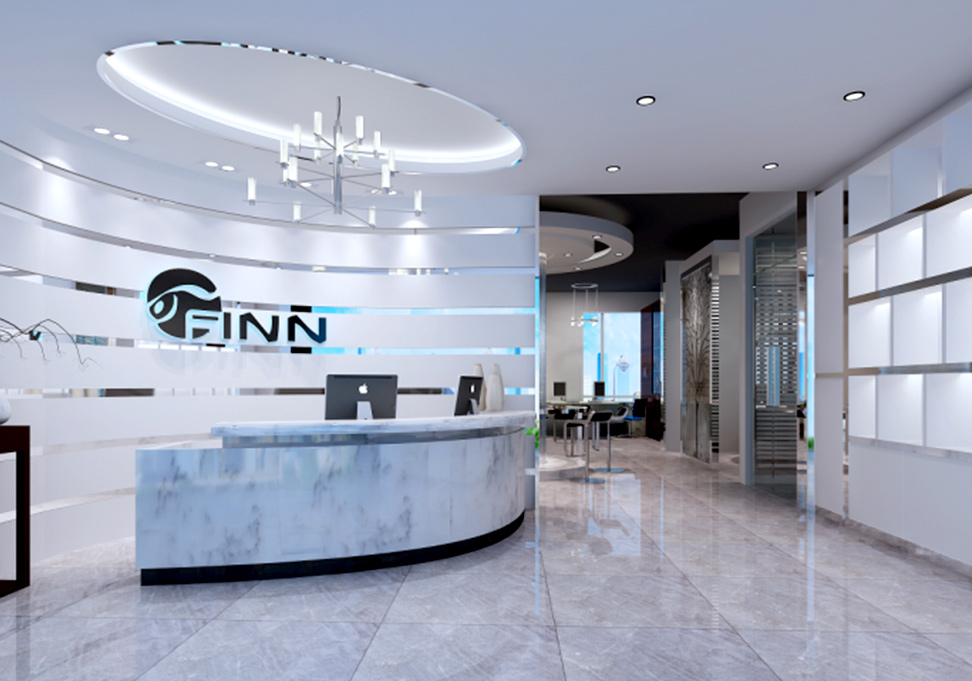
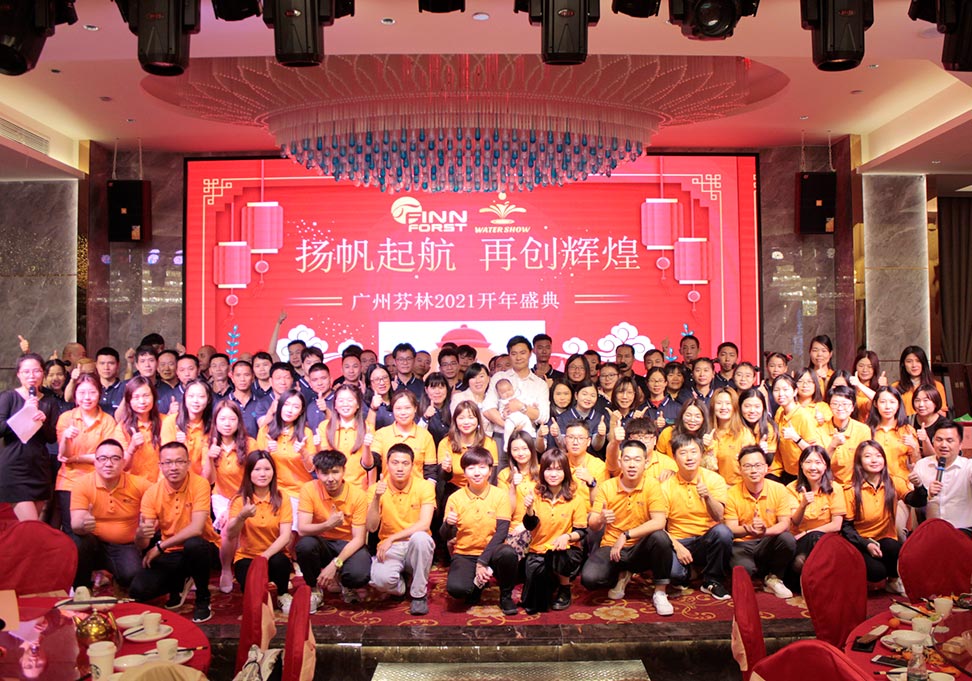
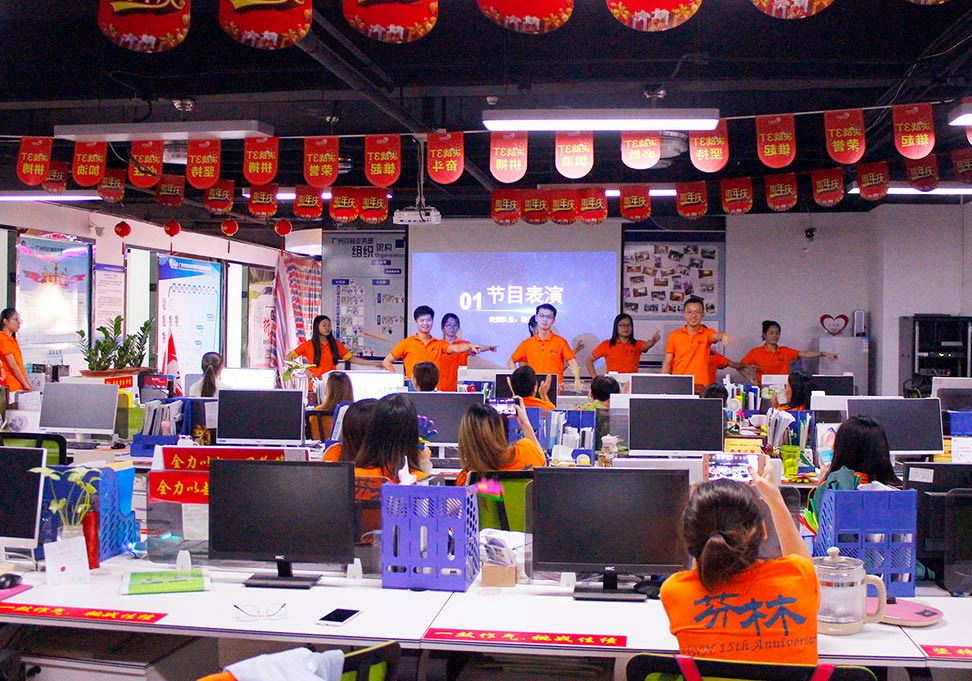
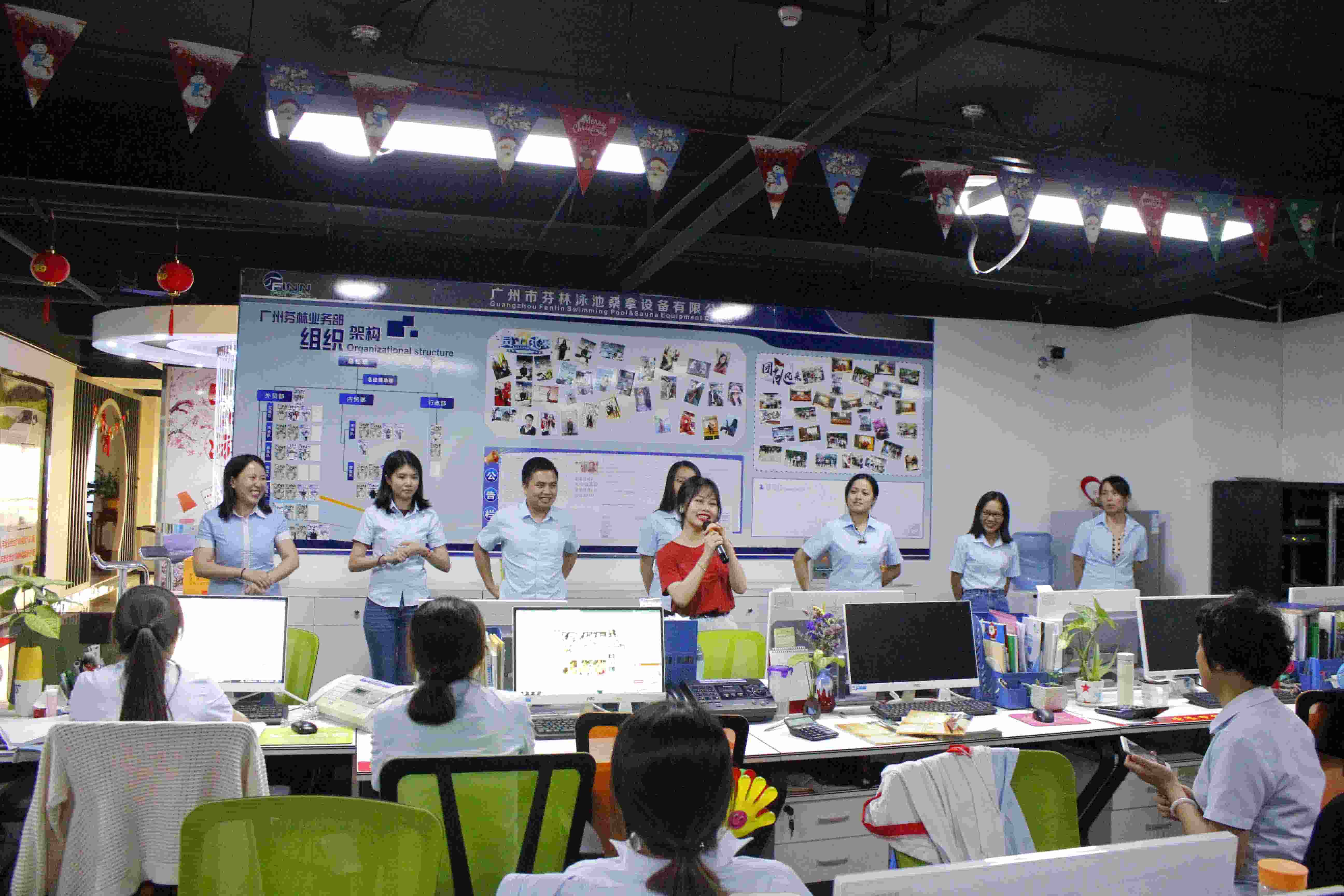
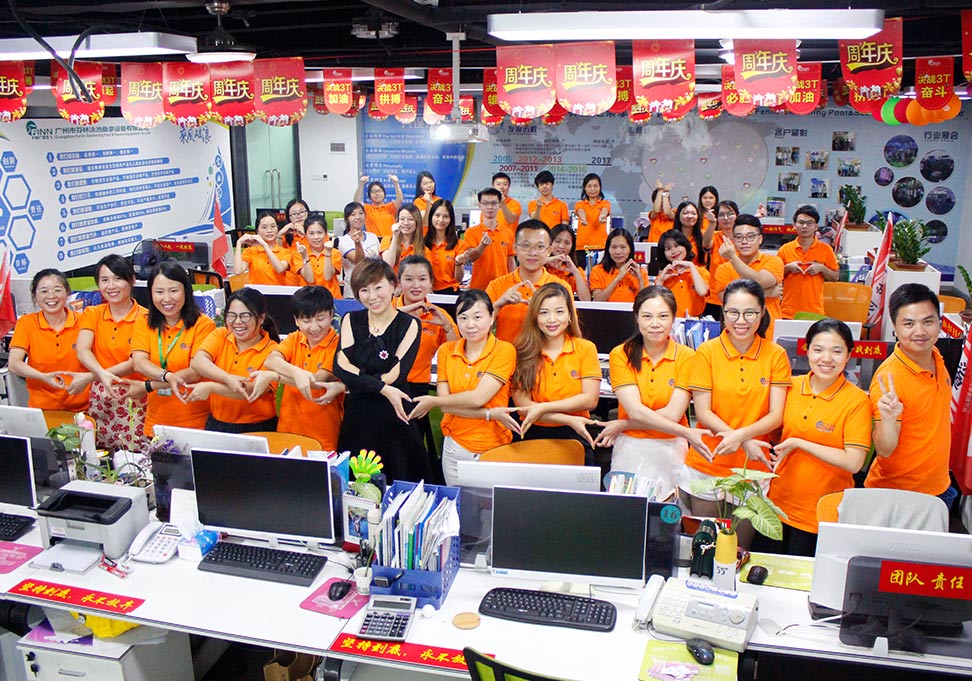
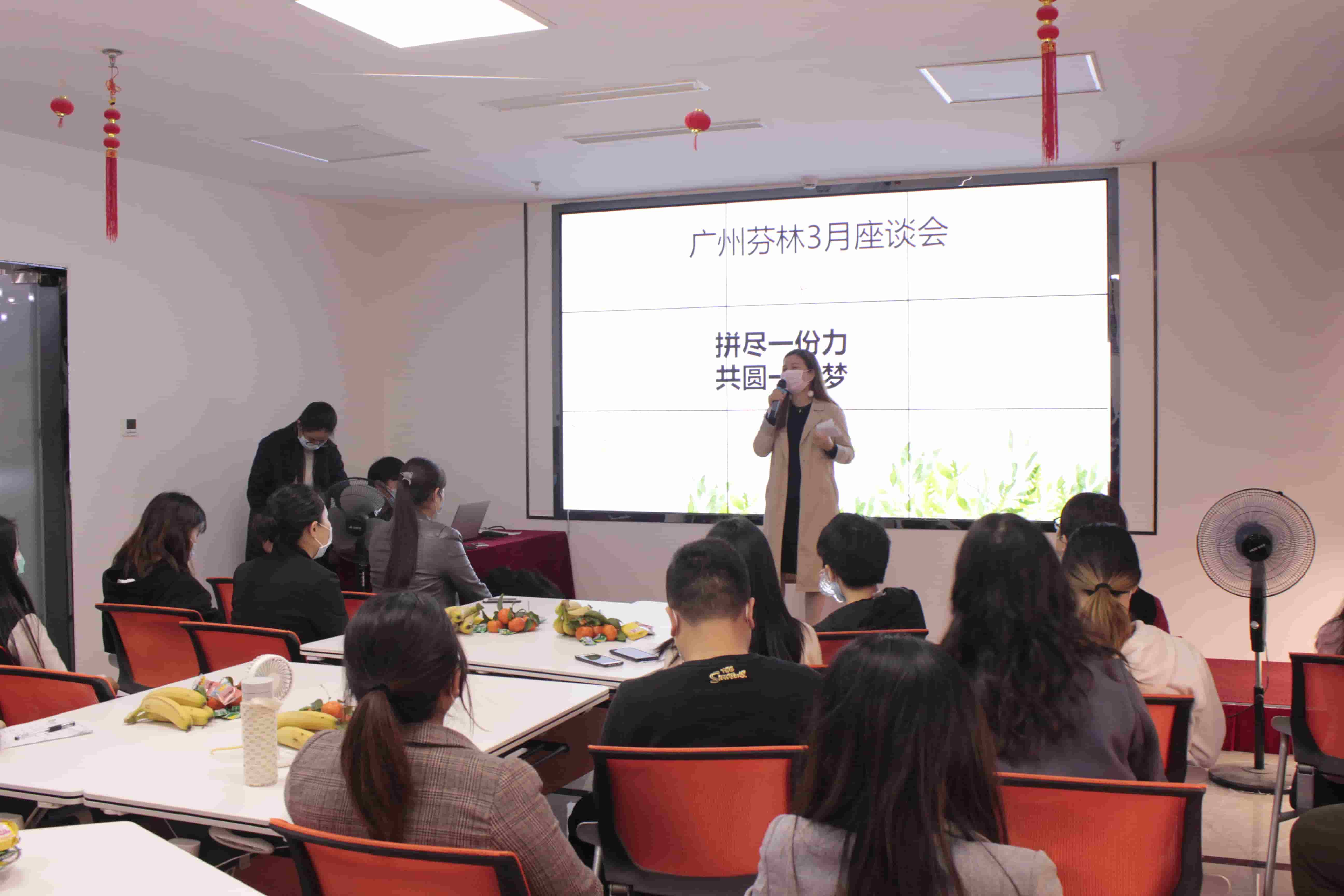
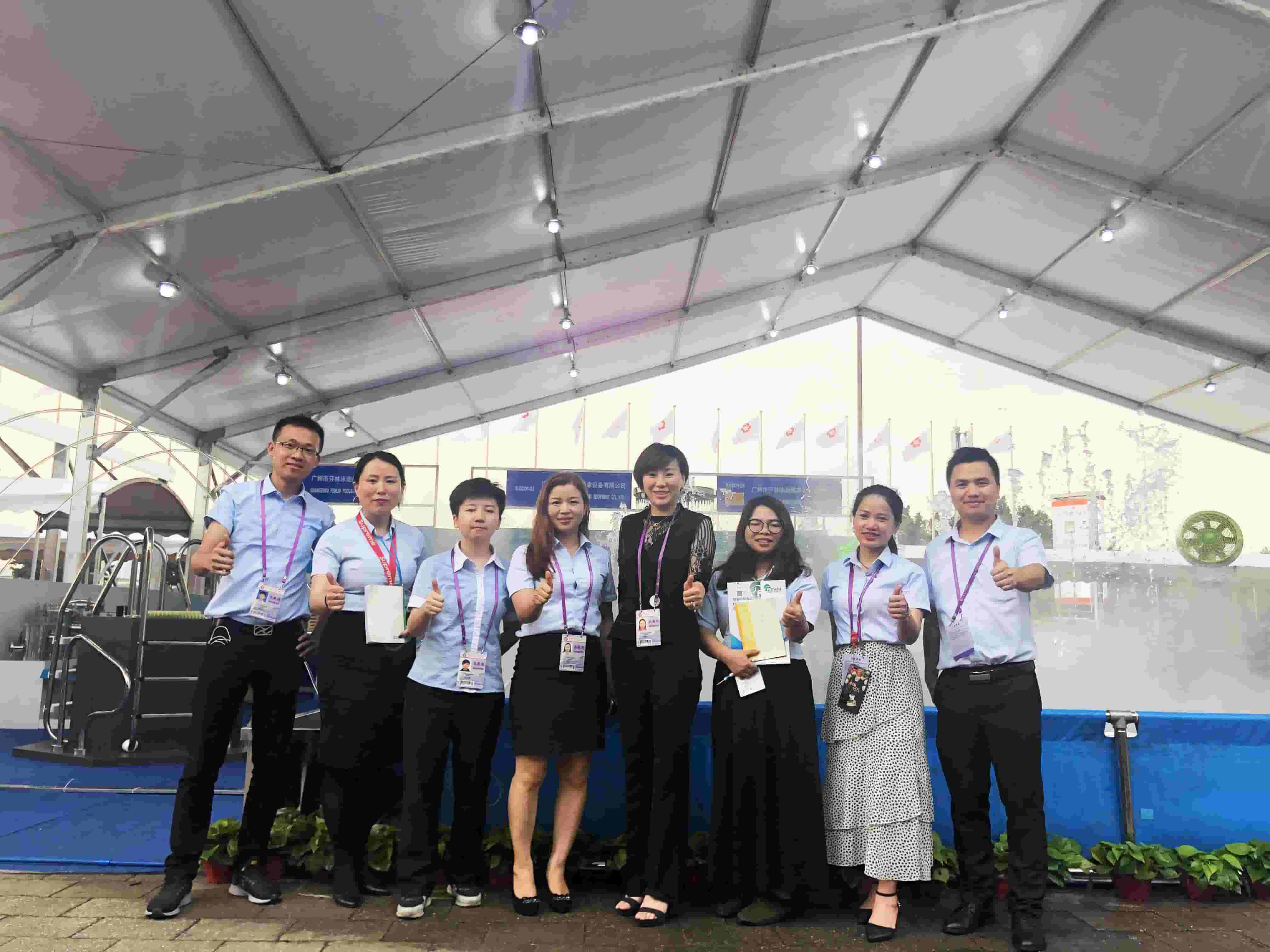

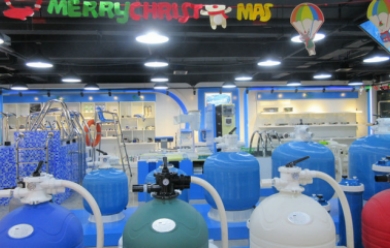

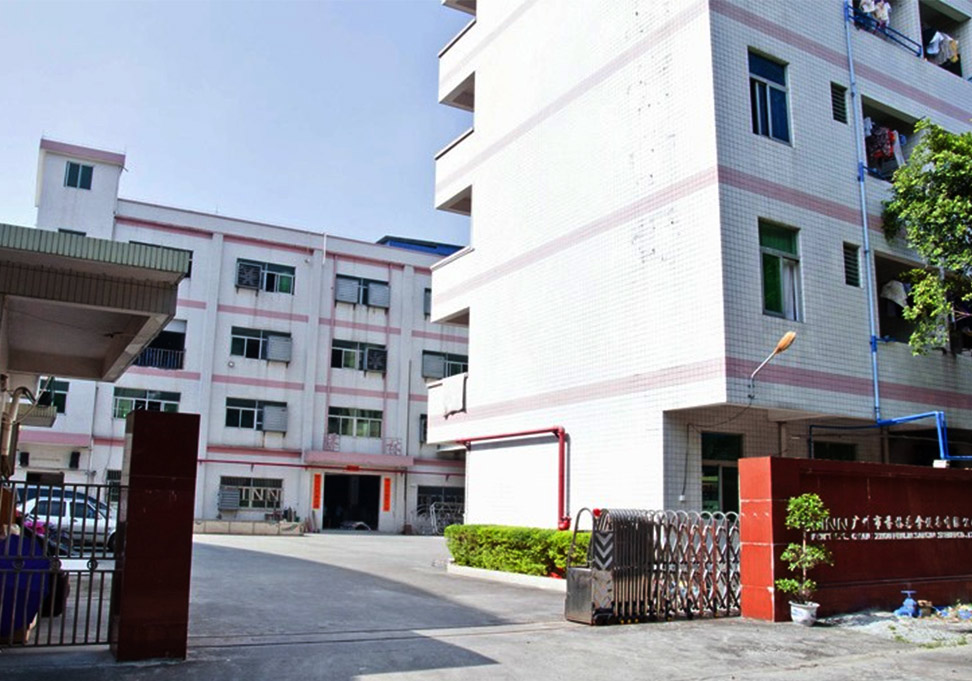
.jpg)
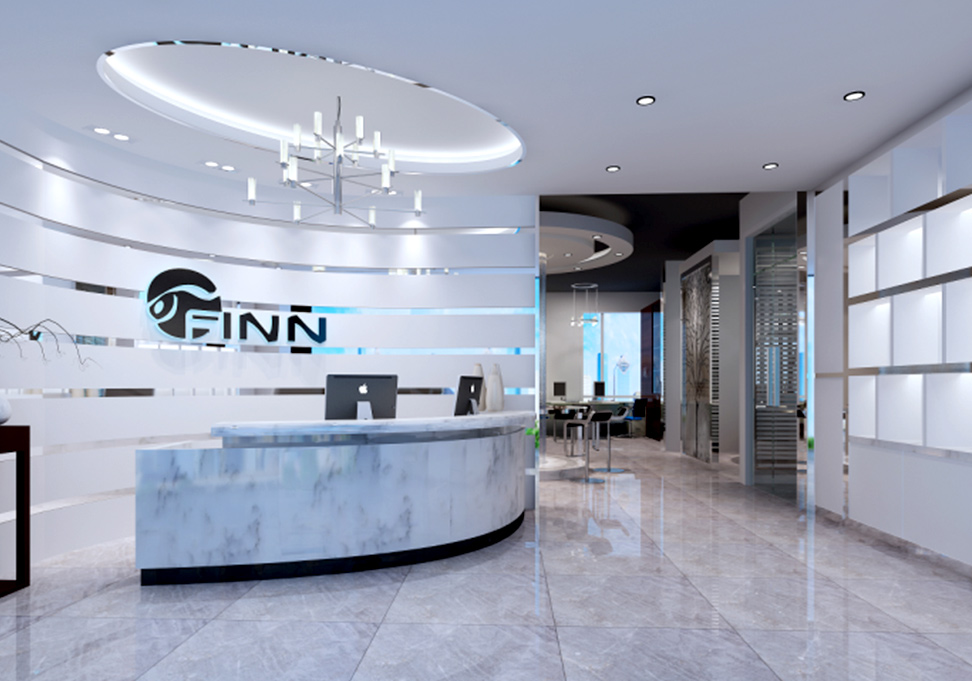
.jpg)
